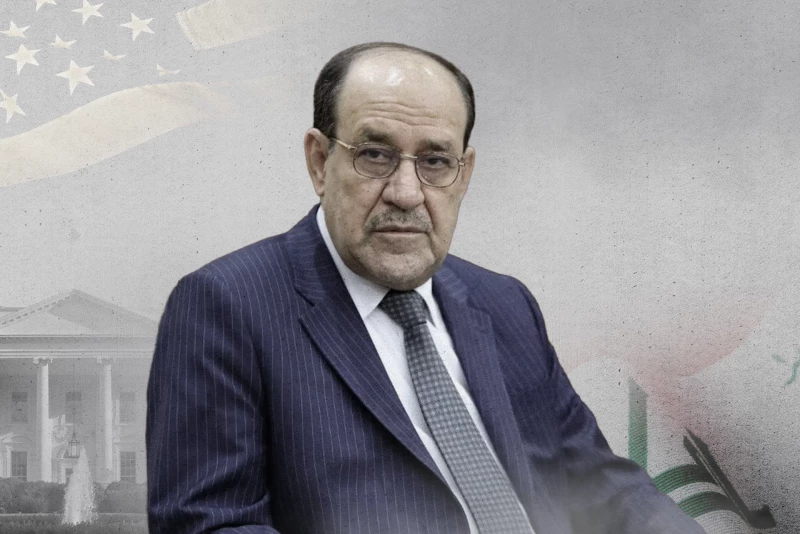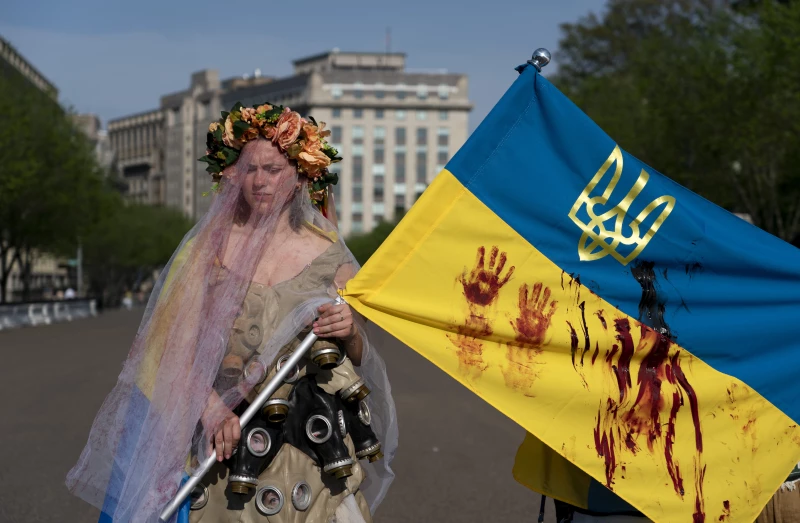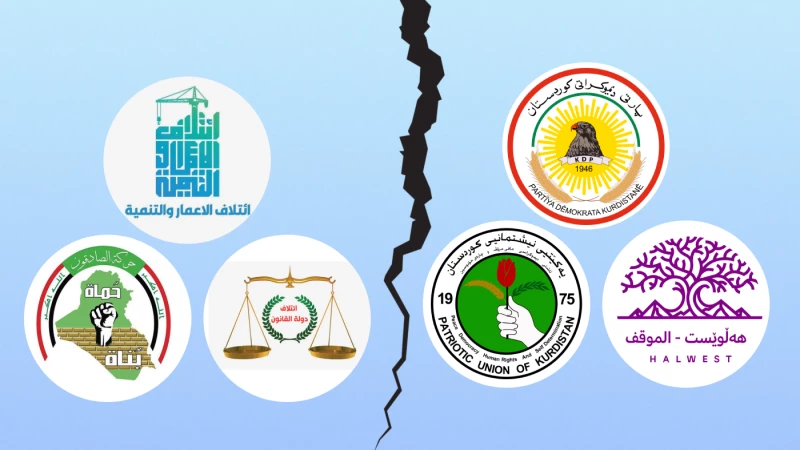Thirty-two years ago, the world made a promise to itself: "Never again." Never again would chemical weapons be used on the battlefield. The Chemical Weapons Convention, signed by 193 countries including Ukraine and Iraq, became one of the most important achievements of international humanitarian law. Today, however, this Convention faces an unprecedented threat.
From November 24 to 28, 2025, elections to the Executive Council of the Organization for the Prohibition of Chemical Weapons (OPCW) will be held in The Hague. Russia, which systematically violates the Convention, is attempting for the third consecutive time to join the OPCW's governing body. This is like appointing an arsonist as fire chief.
Numbers that cannot be ignored
From February 2023 to August 2025, Ukraine documented over 10,640 cases of Russia using chemical weapons against our military. These are not abstract figures from reports. Behind each one is a specific person who suffocated from poisonous gas in a trench, with no way to escape. Imagine a young soldier defending his land who suddenly sees a drone fly into his shelter and drop a grenade that releases thick white smoke. Within seconds, hellish pain begins in the eyes, throat, and lungs. It's impossible to breathe. Impossible to see. And at that moment, when you are completely defenseless, a second drone arrives—this time with an explosive warhead.
This is exactly how Russian forces operate: first gas to drive soldiers out of cover, then explosives. This tactic has been documented in thousands of cases.
The OPCW has confirmed: Russia is violating the convention
Three independent OPCW reports—from November 18, 2024, February 14, 2025, and June 20, 2025—irrefutably confirmed that samples provided by Ukraine contained CS agent, which is part of riot control agents. Article I, paragraph 5 of the Convention clearly prohibits the use of such substances as a method of warfare.
Russia has provided no explanations. Instead, it attempts to divert attention through disinformation campaigns, shifting blame to others.
Meanwhile, the intensity of chemical weapons use continues to grow. If in early 2023 only a few dozen cases were recorded per month, by summer 2024 this figure exceeded 800 cases monthly.
History repeats itself
For Iraq, which itself experienced the horrors of chemical warfare during the Iran-Iraq conflict in the 1980s, this issue holds special significance. The Iraqi people know from their own experience what the use of chemical weapons leads to. During the 1980-1988 war, over 100,000 Iraqi military personnel and civilians were affected by chemical weapons, with approximately 20,000 people dying directly from chemical attacks. Today, more than 35 years after that war ended, between 70,000 and 100,000 Iraqi veterans still require constant medical care due to chronic complications from chemical burns to their lungs and skin.
The attack on Halabja on March 16-17, 1988, remains forever in humanity's memory as a symbol of the horrors of chemical warfare. Within hours, 5,000 Kurdish civilians were killed, with another 7,000 to 10,000 injured, many resulting in lifelong disabilities. The mixture of mustard gas, sarin, and tabun used created hell on earth. The consequences of that tragedy are still felt today—entire generations have been born with birth defects due to the long-term effects of toxic substances that contaminated the soil and water.
It was precisely the horrors of the Iran-Iraq War that became the catalyst for creating the Chemical Weapons Convention, which was signed in 1993 and entered into force in 1997. Today, 193 states have joined it, representing 98 percent of the world's population. Thanks to the Convention, 99 percent of the world's chemical weapons stockpiles have been destroyed. Humanity remembered the price paid by thousands of lives in Halabja, Sardasht, and other cities, and sought to close this terrible chapter of history forever.
Today, however, Russia is throwing us back centuries, returning chemical weapons to the battlefield. If the international community allows Russia to violate the Chemical Weapons Convention with impunity, it will signal to other countries that the taboo on chemical weapons no longer holds. The thirty-year non-proliferation regime will be destroyed, and the world risks returning to an era of chemical terror. The Iraqi people paid a terrible price for humanity to understand the inadmissibility of these weapons. We cannot allow these sacrifices to have been in vain and the lessons of history to be forgotten.
The Syrian precedent: When the world looked away
In 2016-2017, during the siege of Aleppo, Syrian government forces, actively supported by Russia with aviation and military advisors, dropped chlorine in special containers on residential neighborhoods at least eight times. Medics who provided aid to the victims described characteristic symptoms of chlorine exposure—suffocation, burns to the respiratory tract, panic attacks. Chlorine was dropped in the form of barrel bombs from helicopters—a tactic that became the horrific signature of that conflict.
At the time, the world limited itself to condemnation. Russia, as always, denied everything, blaming the opposition or other parties. And what do we have today? The same scenario is repeating itself in Ukraine, but on a much larger scale. The Syrian experience showed the Kremlin that chemical weapons can be used with virtual impunity. If we again close our eyes to this and allow Russia to enter the OPCW leadership, we will effectively legitimize this impunity. Aleppo was a warning that the world ignored. Ukraine cannot become another forgotten warning.
Three countries that deserve trust
Ukraine, Slovakia, and Slovenia are responsible OPCW members with impeccable reputations. Slovakia regularly conducts training for OPCW inspectors at its training center. Slovenia consistently supports a multilateral system based on international law. Ukraine, as a victim state of chemical weapons, has unique experience and perspective that will enrich the Council's work.
Most importantly—all three countries unconditionally adhere to the Convention and work to strengthen the OPCW, not undermine it.
If today the world allows Russia to evade responsibility and, moreover, to enter the OPCW's governing body, it will send a signal: the Convention can be violated with impunity. Tomorrow, chemical weapons could appear in any other conflict, on any continent.
For Iraq, as a country that knows the price of peace and stability in the region, as a member of the international community that consistently advocates for respect for international law, this should resonate deeply.
The choice we make today
The elections to the OPCW Executive Council are not just a technical procedure. This is a fundamental choice between order and chaos, between accountability and impunity, between a future where international law works and a future where anyone stronger can do whatever they want.
The Government of Ukraine has appealed to the Government of Iraq to support the trio "Ukraine–Slovakia–Slovenia" in the elections in The Hague. This support is not simply for three countries—it is support for the Convention itself, for the principles of international humanitarian law, for the idea of a world without chemical weapons. And on November 24-28, the world will decide whether we allow chemical weapons to return to our common future. Ukraine believes that the Government of Iraq will make the right choice— a choice in favor of justice, international law, and security for all peoples.
The views expressed in this article are those of the writer and do not necessarily represent the position of The New Region's editorial team

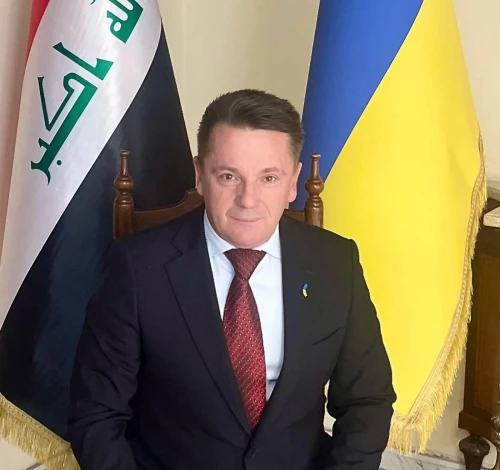
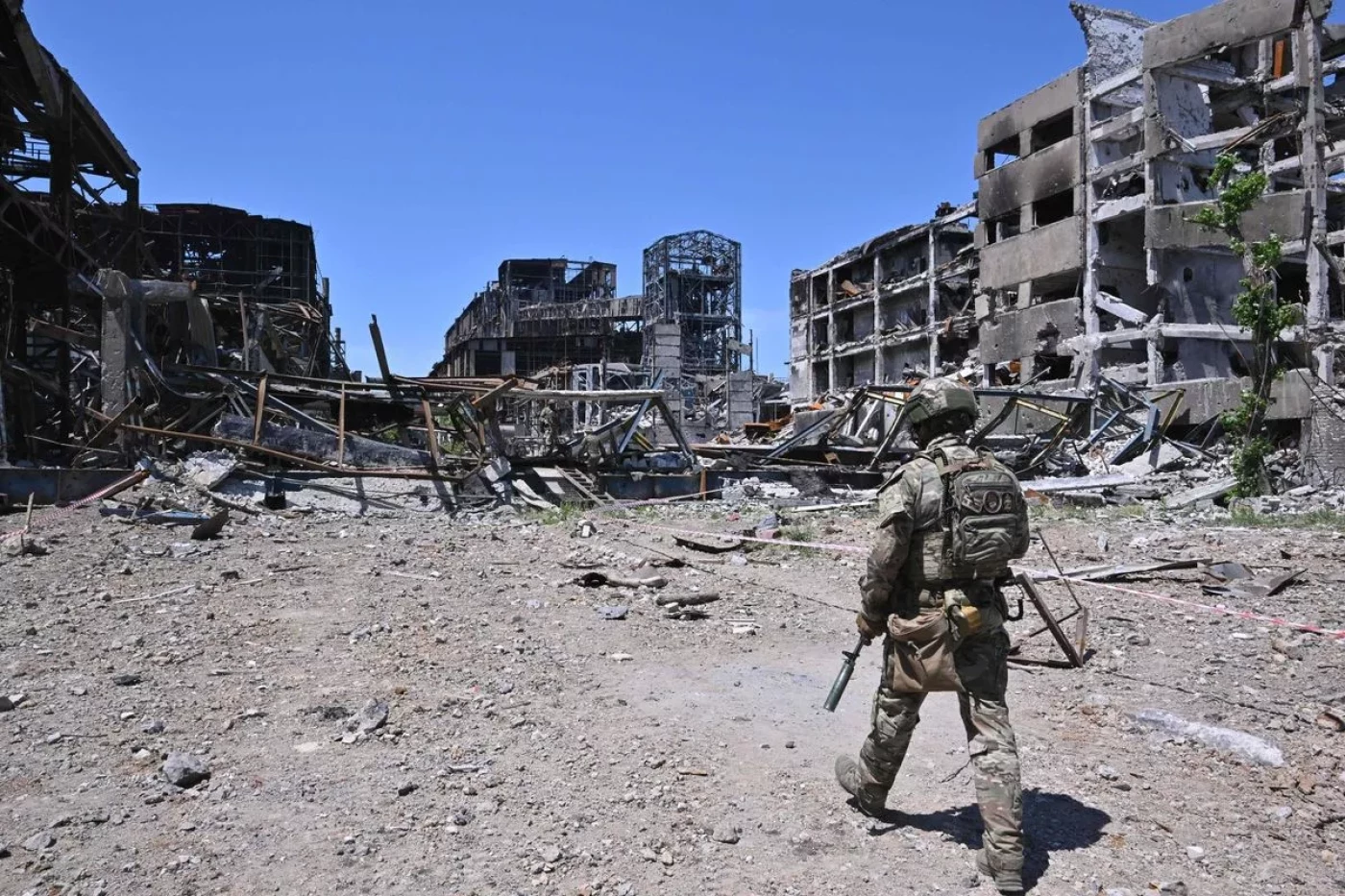
 Facebook
Facebook
 LinkedIn
LinkedIn
 Telegram
Telegram
 X
X
